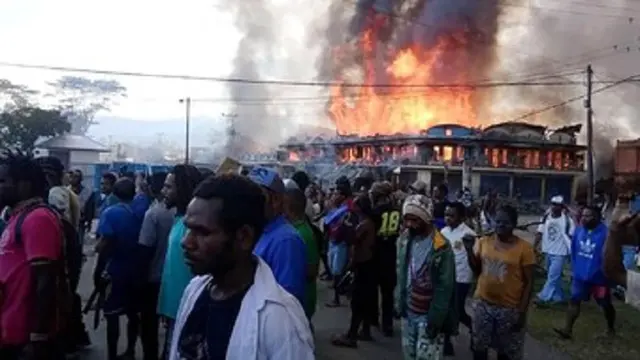China has pledged to continue to help Nepal in its post-earthquake reconstruction as the Himalayan country struggles to get back to normal more than two weeks after the devastating quake.
Chinese relief supplies continue to flood into Nepal, in which more than 8,000 people were killed and 17,800 injured when the quake struck on April 25.
Over the weekend, some 460 tonnes of relief materials arrived in Nepal from China.
Biggest overseas humanitarian military missions
China has sent 1,088 military personnel and members of armed police -- the largest such group it has dispatched to foreign soil for humanitarian aid missions since 1949.
The People's Liberation Army (PLA) Air Force has deployed eight transport planes to carry a total of 416 tonnes of relief supplies to Nepal.
Three air force helicopters flew to Nepal last week to help with transportation and rescue, and they carried 190 pieces of engineering machinery.
The Chinese army will continue to send relief supplies to Nepal and intensify decontamination and medical services to prevent diseases, according to Zheng Weibo, director of the emergency response office of the PLA's General Staff Headquarters.
"As a neighbor, China will do its best to help Nepal's government and people to pull through the difficulties and reconstruct their home," said Huang Xilian, deputy head of the Foreign Ministry's Department of Asian Affairs.
China has also sent seven medical and rescue teams, which have helped diagnose and treat locals and assisted the Nepalese to formulate a post-disaster health and epidemic prevention plan.
China is also considering sending experts to help local psychologists counsel victims.
A 62-member China International Search & Rescue Team, as well as six sniffer dogs, landed in Beijing on Friday after a 13-day mission in which they were the first foreign team to save a survivor in the quake field.
During their stay, the team's 10th international mission, they rescued two survivors from the rubble, treated more than 2,700 victims, and cleared about 430 buildings. Most members of the team had rescue experience following the devastating quakes in Haiti and Japan.
"The rescue of the second survivor was the most difficult since our team was established in 2001. It took us 34 hours," said Tao Zongpeng, a senior member of the team.
With their efforts hampered by poor infrastructure, a total of 76 international rescue teams from various countries had rescued 16 survivors in Nepal by May 5.
Rehabilitation
Two weeks after the quake, the search and rescue phase has come to an end, and epidemic prevention and temporary housing of victims have taken over as priorities.
Reconstruction of heavily damaged infrastructure, rehousing of victims and restoration of historic buildings will be prioritized, Huang said.
Nepal's health minister said on Sunday that the Nepalese government will forward a list of requirements for medical assistance to China as the quake-hit country is in the process of getting its medical infrastructure back up and running.
"China has been very proactive in providing such logistics and medical equipment and supplies," Minister of Health and Population Khagaraj Adhikari told Xinhua.
The minister said he expected China to help Nepal in establishing rehab and follow-up centers in the worst-hit districts, adding that Chinese field hospitals and medical centers are benefiting a number of districts.
Aside from rescue teams sent by the Chinese government, at least five Chinese civil rescue teams came to Nepal, Xinhua has learned.
China's Blue Sky Rescue Team, a non-governmental rescue organization, wrapped up its mission in Nepal on Sunday. The 83 volunteers, who paid for their own air tickets, brought with them rescue equipment and supplies.
During its 12-day stay in Nepal, the team found 24 bodies, provided assistance to 2,320 people, and conducted epidemic prevention disinfection for over 20,000 people. They also provided water purification equipment as well as rescue training to the Nepalese side.
Many Chinese organizations, companies in Nepal and overseas Chinese provided logistic support to the team for free.
"A friend in need is a friend indeed, and China is such a true friend of Nepal," said Nepal Ambassador to China Mahesh Kumar Maskey.
 简体中文
简体中文

